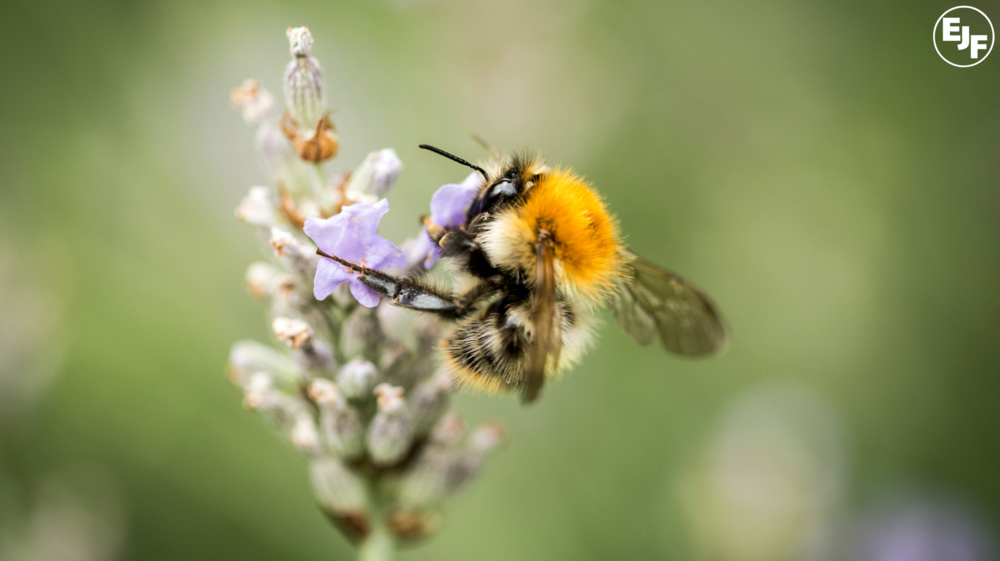
Press Release: Global review of pesticides shows extent of threat from Neonicotinoids
A new report released today confirms harm to bees from neonicotinoid pesticides. The Bee Coalition has released a joint press release commenting on the startling conclusions.
The Worldwide Integrated Assessment reviewed 800 studies covering birds, animals, soil and water as well as bees. The conclusions are startling: neonicotinoids pose a major threat to a wide range of invertebrate species in soil, vegetation, aquatic and marine habitats. The authors recommend a complete global phase-out of neonicotinoid use, or at least a significant reduction.
Conclusive evidence is lacking for vertebrate species such as birds and mammals, but here too there is cause for concern.
“The evidence is clear: neonicotinoids are harming our pollinating insects and could be causing damage to many other species and habitats. Regulators must take a much more precautionary approach to pesticide authorisations.” Vanessa Amaral-Rogers of Buglife, member of the Bee Coalition and one of the scientists behind the report
“The widespread use of neonicotinoid seed treatments is not compatible with sustainable farming. Pesticides should be used only when they are really needed, not as an ‘insurance’ against possible pest damage. We need to see a wholesale shift to more bee-friendly ways of farming.” Paul de Zylva of Friends of the Earth, Bee Coalition member
The Worldwide Integrated Assessment was produced by an independent Task Force on Systemic Pesticides and is the most comprehensive review of evidence on neonicotinoids to date. The Bee Coalition will be urging the Westminster government to take account of its conclusions in the upcoming National Pollinator Strategy for England, expected in autumn 2014.
Comments from other members of the Bee Coalition:
“The inappropriate use of pesticides has the potential to cause massive damage to the natural environment and through this to jobs, employment and income. Clearly the impact of neonicotinoids on bees and other pollinators has just this potential. We need to see a wholesale shift in how we conduct our agriculture to get rid of harmful chemical inputs and to build and reinforce sustainability. Failure to do this is likely to see the further decline of invaluable species like bees.” Steve Trent, Executive Director of the Environmental Justice Foundation
"This overwhelming scientific evidence of the dangers of neonicotinoids follows a pattern. Classes of pesticides, previously claimed to be safe, are being found to be dangerous and subsequently banned. Farming urgently needs to learn the lessons of organic farmers, in the way they succeed to manage pests and benefit wildlife without the use of dangerous pesticides." Helen Browning, Director of the Soil Association
The Bee Coalition formed in 2012 when the UK’s main environmental groups joined forces to call for a ban on neonicotinoid pesticides that are toxic to bees and pollinators. Since 2012, a core group of eight organisations (Buglife, ClientEarth, Environmental Justice Foundation, Friends of the Earth, Natural Beekeeping Trust, Pesticide Action Network, RSPB and Soil Association) have been working to bring attention to the plight of bees and pollinators and specifically to engage policymakers, industry and the public about their respective roles in ensuring their protection.
SIGN UP FOR OUR EMAILS AND STAY UP TO DATE WITH EJF